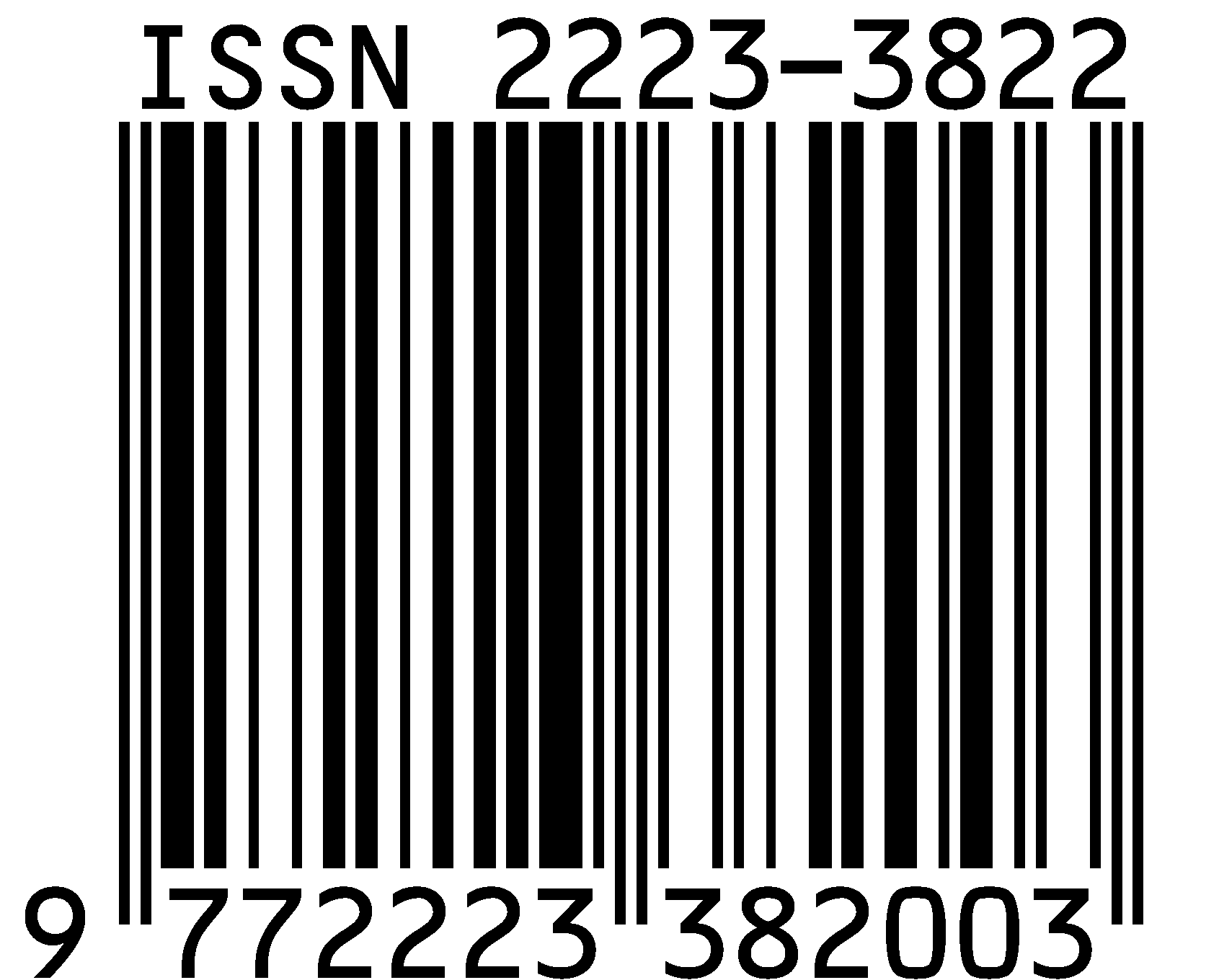METHODOLOGICAL BASES OF RESEARCH OF NATIONAL ECONOMY FROM SYSTEMIC ANALYSIS POSITIONS
|
Title:
|
METHODOLOGICAL BASES OF RESEARCH OF NATIONAL ECONOMY FROM SYSTEMIC ANALYSIS POSITIONS |
|
Authors:
|
Markovych, Iryna |
|
Bibliographic description:
|
Markovych, I. & Strutynska, I. (2019) Metodolohichni osnovy doslidzhennia natsionalnoi ekonomiky z pozytsii systemnoho analizu [Methodological bases of research of national economy from systemic analysis positions]. Sotsialno-ekonomichni problemy i derzhava [Socio-Economic Problems and the State] (electronic journal), Vol. 20, no. 1, pp. 14-21. Available at: http://sepd.tntu.edu.ua/images/stories/pdf/2019/19mibpsa.pdf |
|
Issue Date:
|
31-may-2019 |
|
Submitted date: |
feb-2019 |
|
Publisher:
|
Ternopil Ivan Puluj National Technical University |
|
DOI: |
https://doi.org/10.33108/sepd2019.01.014 |
|
UDC:
|
330.35.01 |
|
JEL: |
E10 |
|
Keywords: |
national economic system |
|
Pages:
|
8 |
|
First page: |
14 |
|
Last page:
|
21 |
|
Abstract:
|
The article proves the expediency of attributing the national economy to open, variable and complex systems characterized by a high degree of dynamism. An analogy is drawn between social and biological systems that makes it possible to consider the national economy in terms of the balance of the entropy of its structural levels. The system-forming factors of interconnections between entrepreneurial and state structures within the national economy are analyzed. The scheme of connections between the levels of the national economy as a system is constructed. It is determined that analysis of such connections should begin with identification of the nature of links between resources, society and the resource conversion unit. Resources are defined as a set of all tangible, intangible, information objects that can be changed and used within the territorial economic system (e.g., settlement, community, state) or taken outside it. It is stated that modern infrastructural provision of institutional character allows not to "tie" resources exclusively to the place of their formation, and to consider resources as, in most cases, absolutely mobile objects. It is noted that society has quite powerful regulatory tools for both resource allocation and the nature of resource transformation. However, it is emphasized that these elements can interact effectively only under the conditions of a balanced mono-vector influence of the subsystems of national governance, regional and local development management. The subsystem of international managerial influence is to be taken into account as well. The national economy’s is definition is provided as follows: it is the only multi-element system that is formed, determined and transformed in accordance with the configurations of relationships between all its subjects and objects. The necessity of understanding the deep systemic essence of the national economy for its effective improvement is indicated. Keywords: national economic system, system, entropy, mutual communication. |
|
ISSN: |
2223-3822 |
|
Copyright owner:
|
Scientific Journal "Socio-Economic Problems and the State", 2019 |
|
References: |
1. Bondar, T. Formuvannja mekhanizmu stalogho rozvytku socialjno-ekonomichnykh system vidpovidno do koncepciji zelenoji ekonomiky [Formation of the mechanism of sustainable development of socio-economic systems] [Electronic resource].- Available at: http://me.fem.sumdu.edu.ua/docs/d110.pdf |
|
Issue type:
|
Article |
|
Appears in Collections: |
Scientific Journal "Socio-Economic Problems and the State", Vol.20, No.1 |
| < Prev | Next > |
|---|











